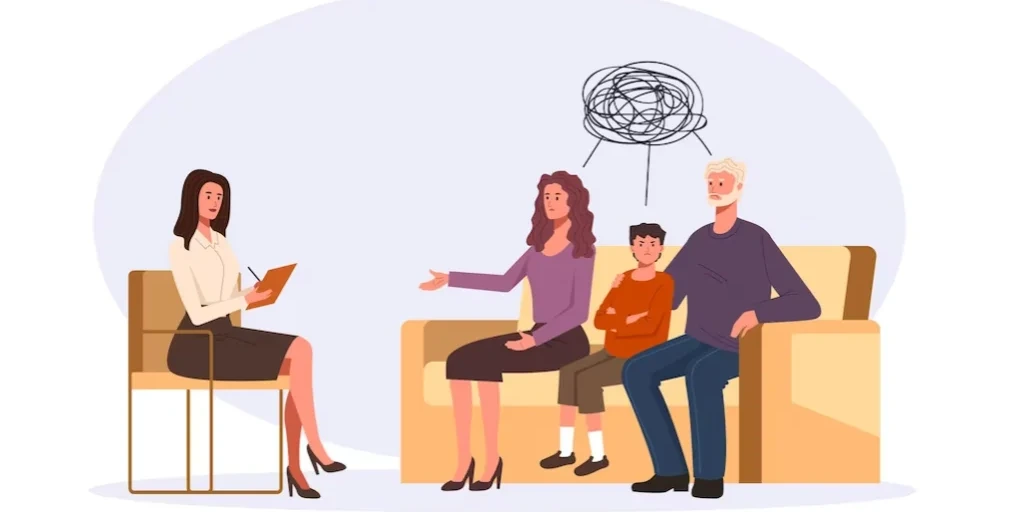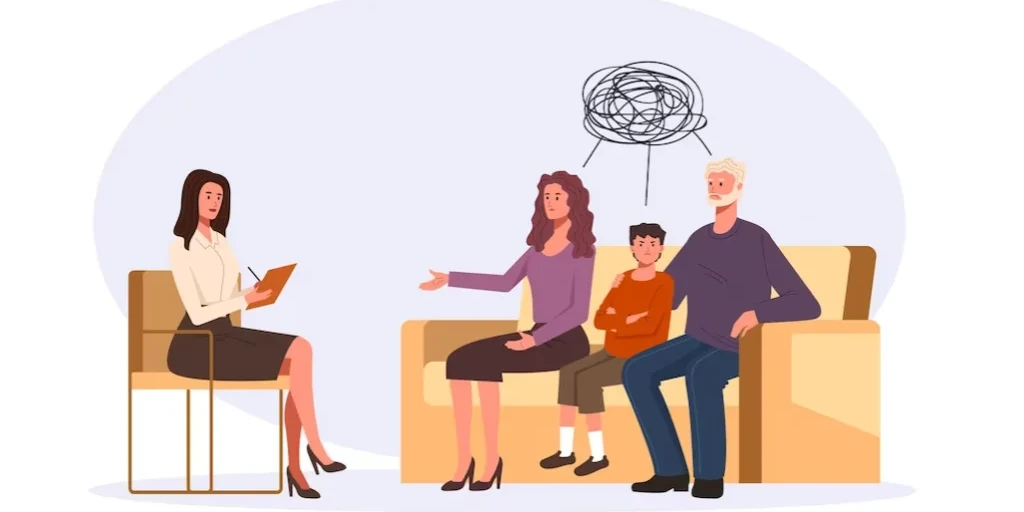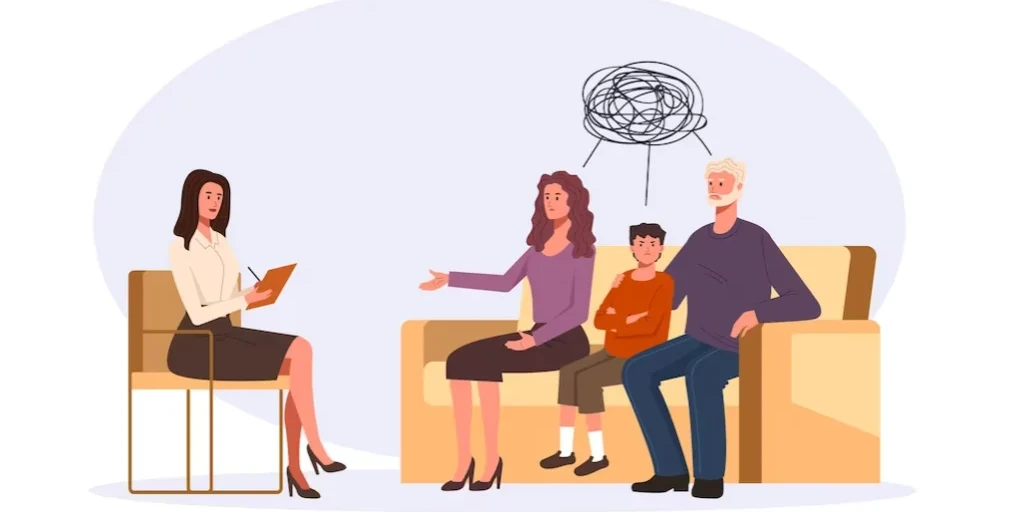24/7 Helpline:
(866) 899-221924/7 Helpline:
(866) 899-2219
Learn more about Prescription drug Rehab centers in Citra
Prescription drug Rehab in Other Cities

Other Insurance Options

United Health Care

American Behavioral

UMR

Optima

Ceridian

Choice Care Network

ComPsych

Ambetter

Access to Recovery (ATR) Voucher

Evernorth

Premera

UnitedHealth Group

Multiplan
Beacon

Absolute Total Care

Health Net

Kaiser Permanente

MVP Healthcare

Sutter

Aetna

Phoenix House Florida – Ocala Residential Center
Phoenix House Florida is a substance use disorder and mental health treatment center located in Citr...


The Centers – Airport Road
The Centers - SW 60th Avenue is non-profit organization dedicated to provide treatment for mental he...

Recovery House
Recovery House of Ocala is a non-profit rehab located in Ocala , Florida. Recovery House of Ocala sp...

Comprehensive Addictions Treatment Services
Comprehensive Addictions Treatment Services is a private rehab located in Ocala, Florida. Comprehens...

The Refuge, A Healing Place
The Refuge, A Healing Place offers addiction and mental health treatment in Ocklawaha, Florida. They...

Christian 12 – Step Ministry
Christian 12 – Step Ministry is a non-profit rehab located in Ocala, Florida. Christian 12 – Step Mi...

Perspectives II and New Directions of Central Florida
Perspectives II and New Directions of Central Florida is one of the most trusted providers of outpat...

New Season – Quad County Treatment Center
Located in Ocala, Florida, Quad County Treatment Center is a drug rehab facility dedicated to provid...

Perspectives II and New Directions of Central Florida
Perspectives II and New Directions Central Florida is an alcohol and drug rehab center that provides...

WhiteSands Treatment – Ocala
WhiteSands Treatment – Ocala is a private rehab located in Ocala, Florida. WhiteSands Treatment – Oc...

Mirror – Anthony Outpatient Treatment Program
Mirror is a non-profit agency dedicated to provide services to those individuals who are struggling ...

Silver Springs Mental Health Center
Silver Springs Mental Health Center is a public rehab located in Silver Springs, Nevada. Silver Spri...

Rural Nevada Counseling – US 50
Rural Nevada Counseling - US-50 offers outpatient treatment for individuals with alcohol and/or subs...

First Step Farm – Women’s Facility
First Step Farm - Women's Facility offers inpatient treatment for individuals with alcohol and/or su...



















































































































































Perspectives
Perspectives is a private rehab located in Ocala, Florida. Perspectives specializes in the treatment...

Sober Escorts
Sober Escorts is a private counseling clinic located in Ocala, Florida. Sober Escorts specializes in...

Act II Counseling
Act II Counseling is a private rehab located in Ocala, Florida. Act II Counseling specializes in the...

Crossings Treatment Center
Crossings Treatment Center is a private rehab located in Ocala, Florida. Crossings Treatment Center ...

AA – Alcoholics Anonymous
AA – Alcoholics Anonymous is a non-profit rehab located in Ocala, Florida. AA – Alcoholics Anonymous...

Intensive Treatment Modalities Group
Intensive Treatment Modalities Group hast provided mental health treatment and care for adult and ad...

The Centers – Martin Luther King
The Centers - Martin Luther King, Jr. Street offers outpatient treatment for individuals with alcoho...

Best Rehabilitation Services
Best Rehabilitation Services is a private rehab located in Ocala, Florida. Best Rehabilitation Servi...

Horizons Mental Health – Anthony
Horizons Mental Health – Anthony is a private rehab located in Anthony, Kansas. Horizons Mental Heal...

Rural Nevada Counseling
Rural Nevada Counseling is a drug and alcohol rehab located in Silver Springs, NV. They provide outp...

First Step Farm – Men’s Facility
First Step Farm - Men's Facility offers inpatient treatment for individuals with alcohol and/or subs...

















































































































































































